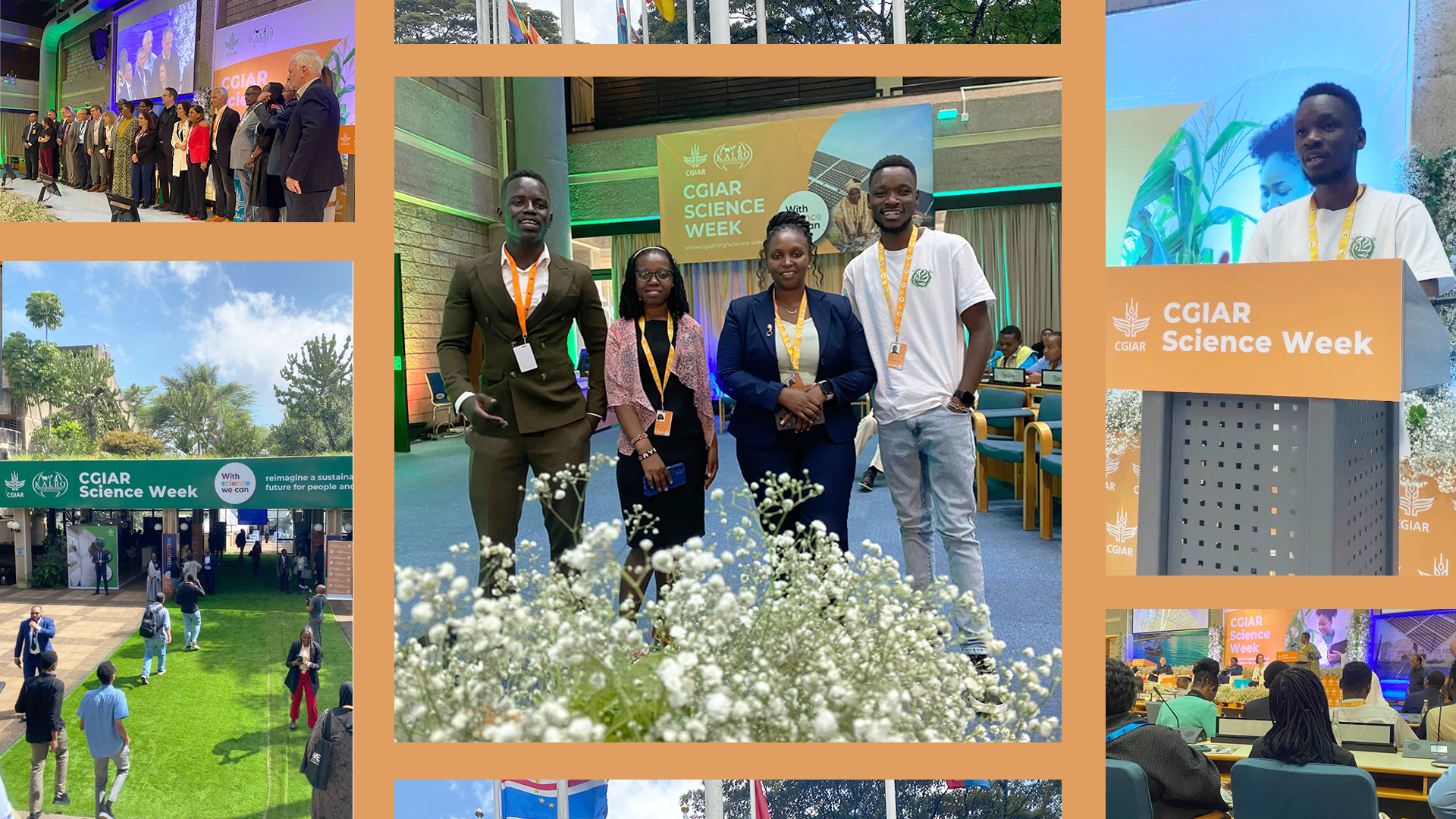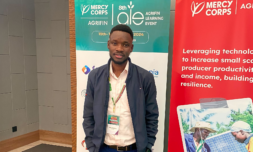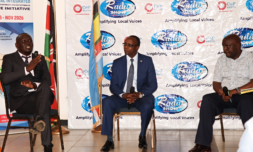It was an incredible learning experience to attend the inaugural CGIAR Science Week held at the United Nations Headquarters in Nairobi.
Last week, over 13,000 participants convened at the United Nations Headquarters in Nairobi, Kenya to address the food, land and water systems’ key challenges against the threat of climate change. Several scientists, researchers, global leaders – including youth leaders – were present for this inaugural event.
The week began with a dramatic opening ceremony, which emphasized the importance of science and innovation in reshaping agri-food systems. CGIAR Executive Managing Director Dr. Ismahane Elouafi rightly said, ‘People are thirsty for science and for good news. We bring solutions to the country level and the community where science could really thrive.’
One of the major highlights was the CGIAR 2025–2030 Research Portfolio, a six-year program to be funded for an estimated $6–12 billion. The agenda will deliver crucial research in over 100 nations, the majority being the Sub-Saharan Africa nations, with emphasis on sustainable agriculture, food security, and livelihood resilience.
The Research Portfolio responds directly to the world leaders, science experts, and farmers at the forefront of the world’s present agricultural crisis.
The Research Portfolio considers that food systems currently can no longer deliver nutrition, equity, or sustainability for growing populations. With the smallholder farmers of the Global South being the most affected, the Research Portfolio will be striving to empower them with the knowledge, tools, and capacity they need in order to survive.
Innovation took pride of place during the discussions. Ranging from AI-based decision-making tools to climate-resilient technologies, the forum revealed a number of solutions ready for scaling.




















